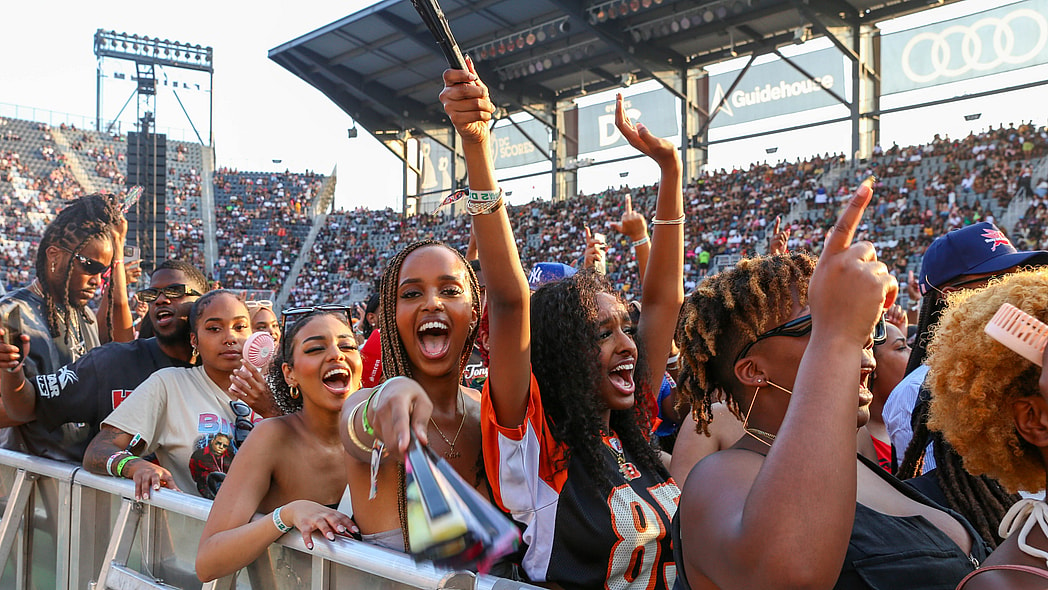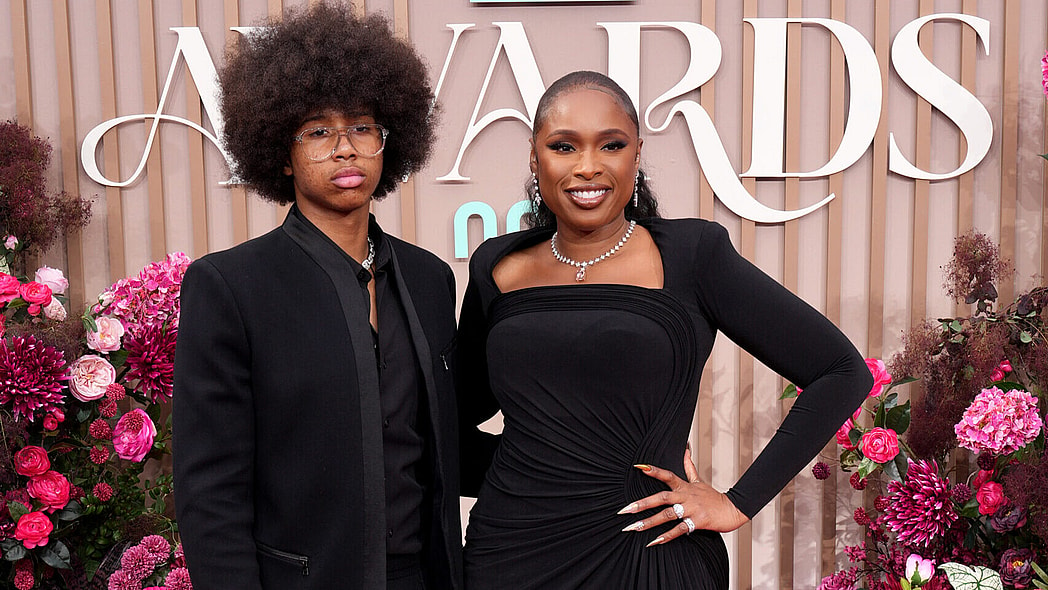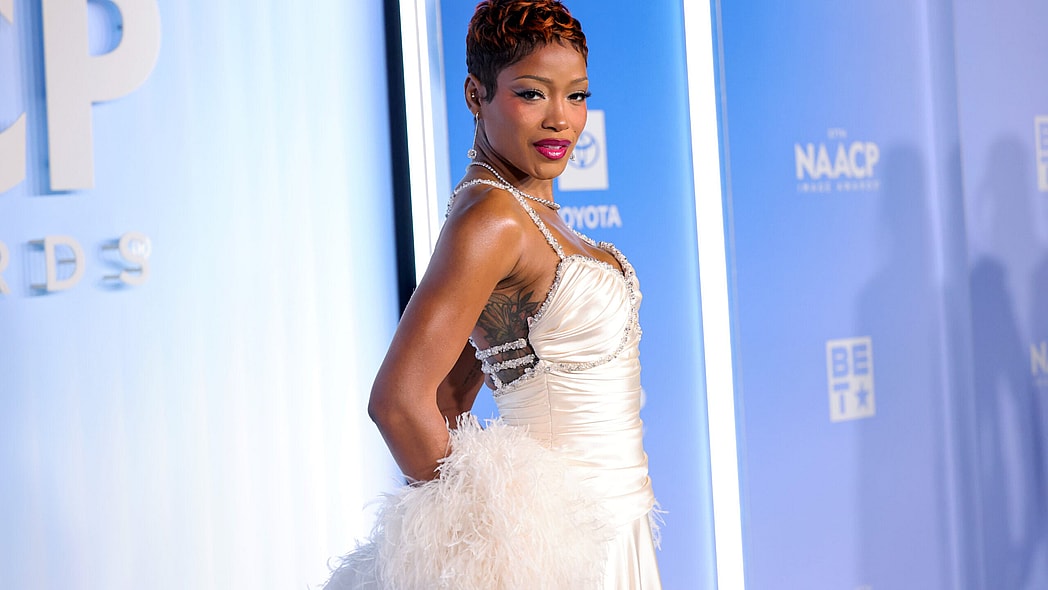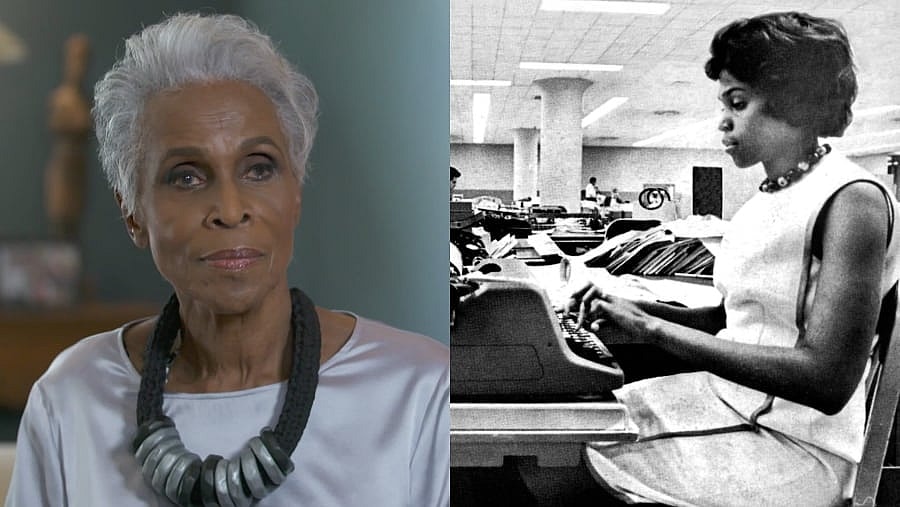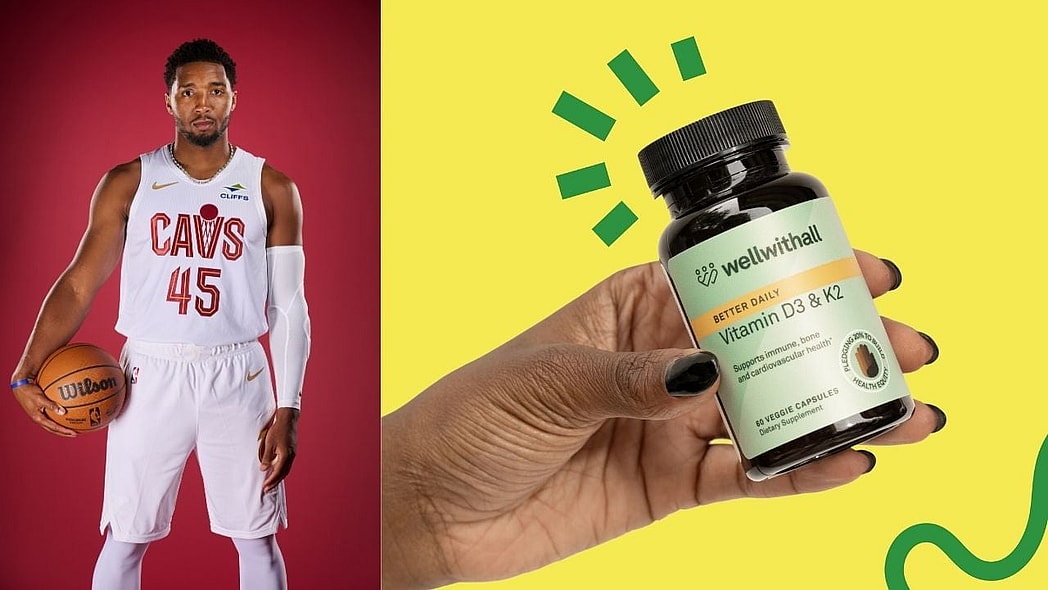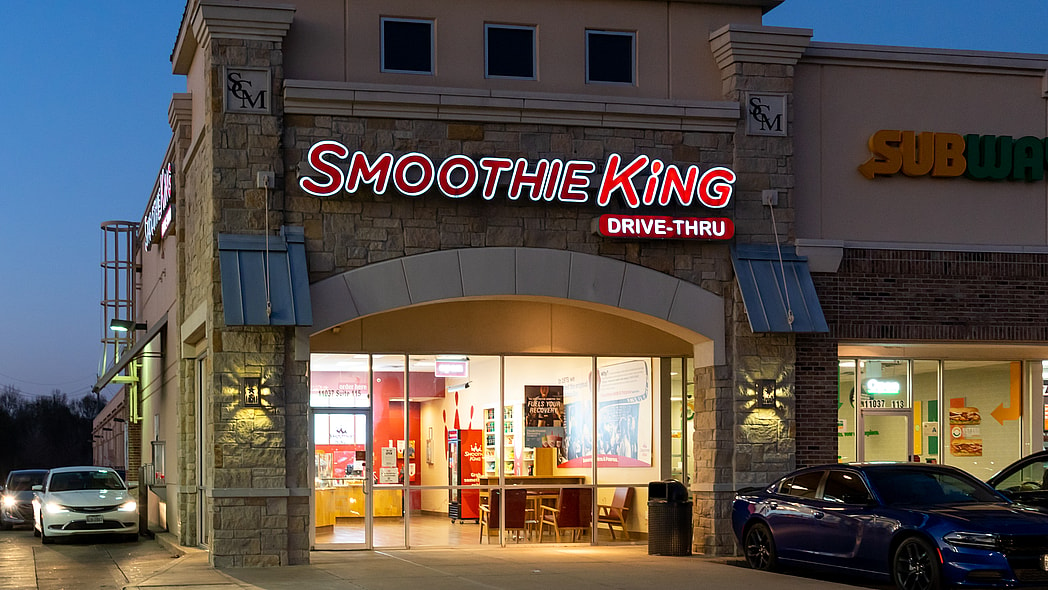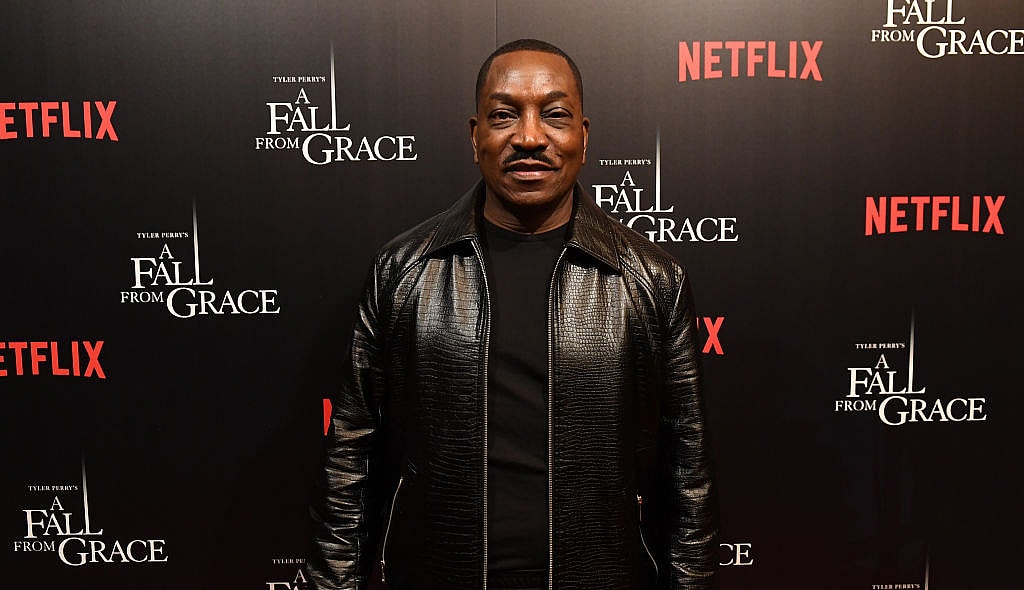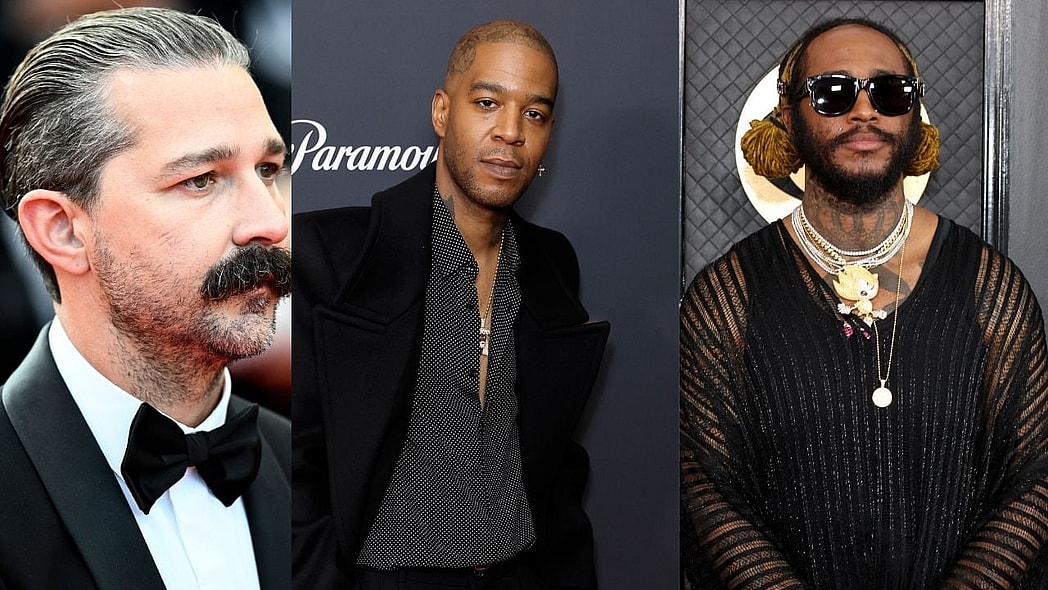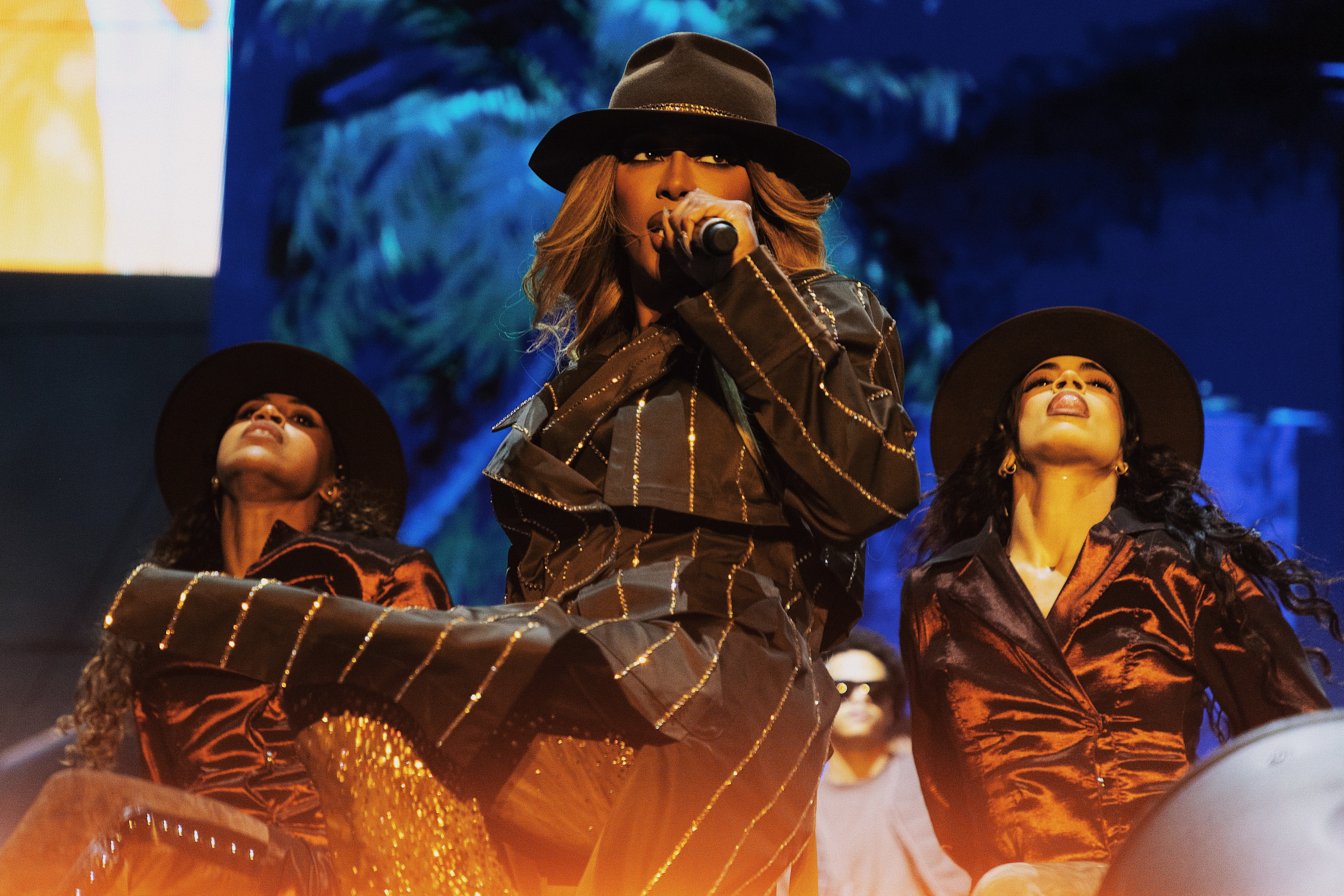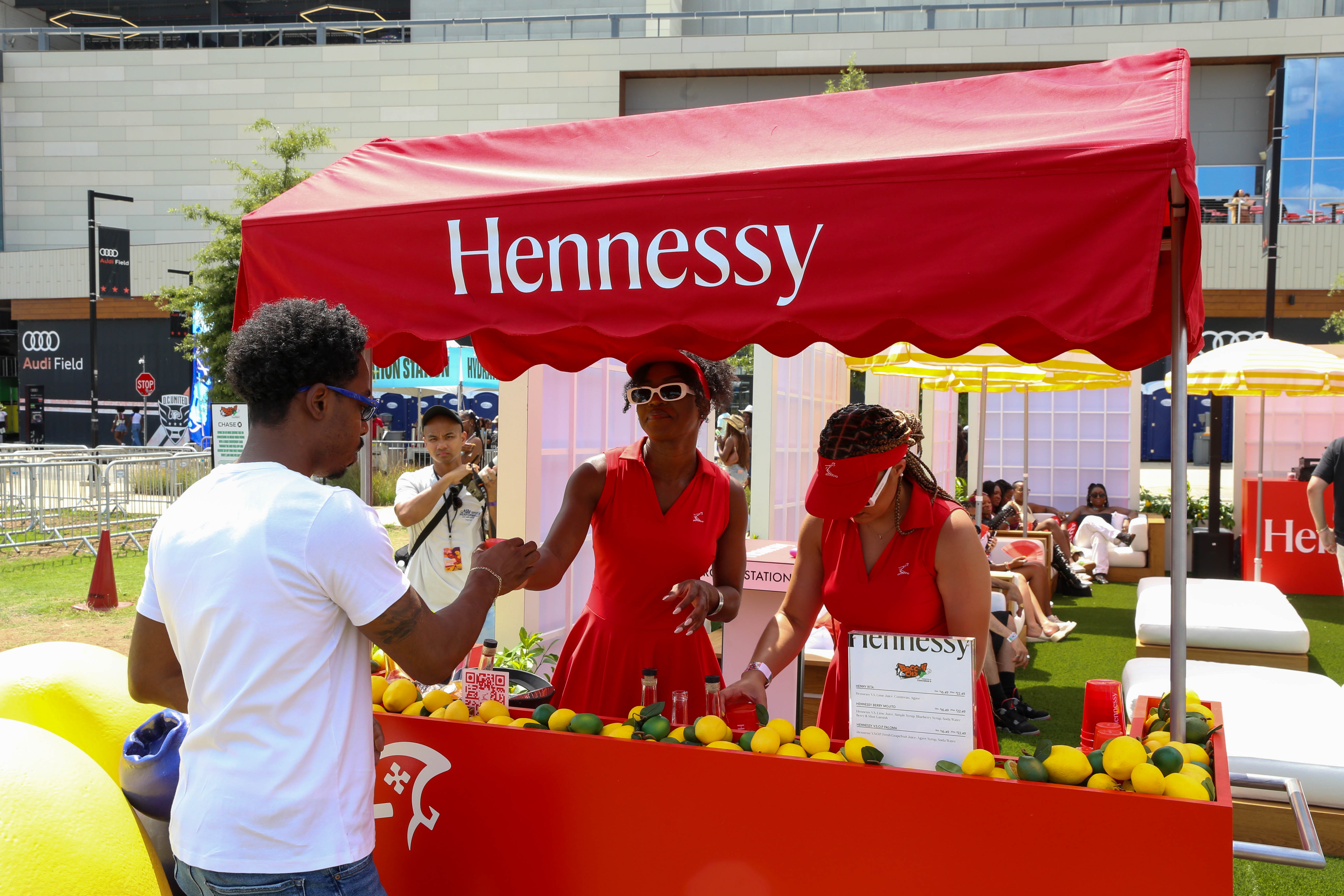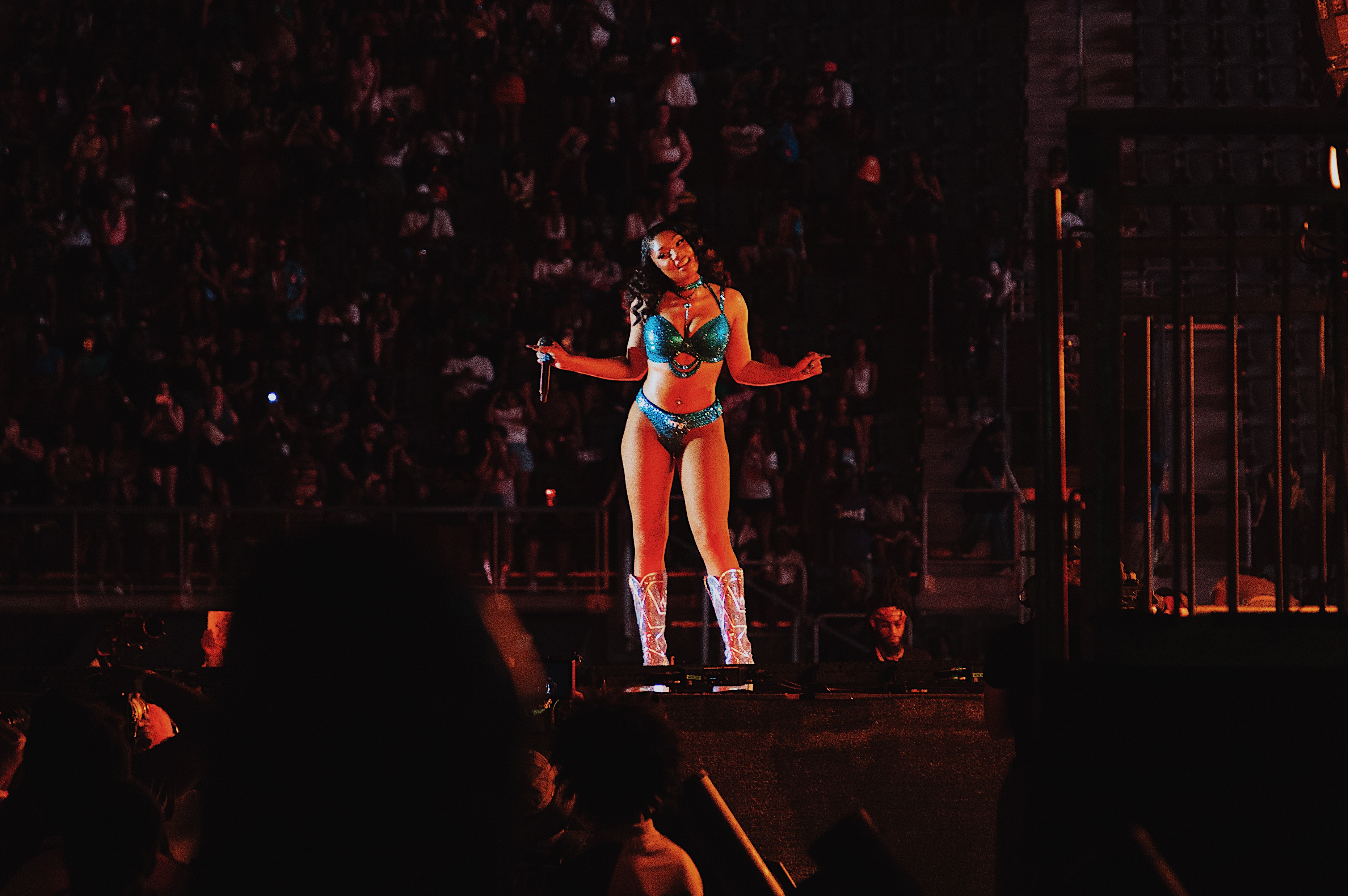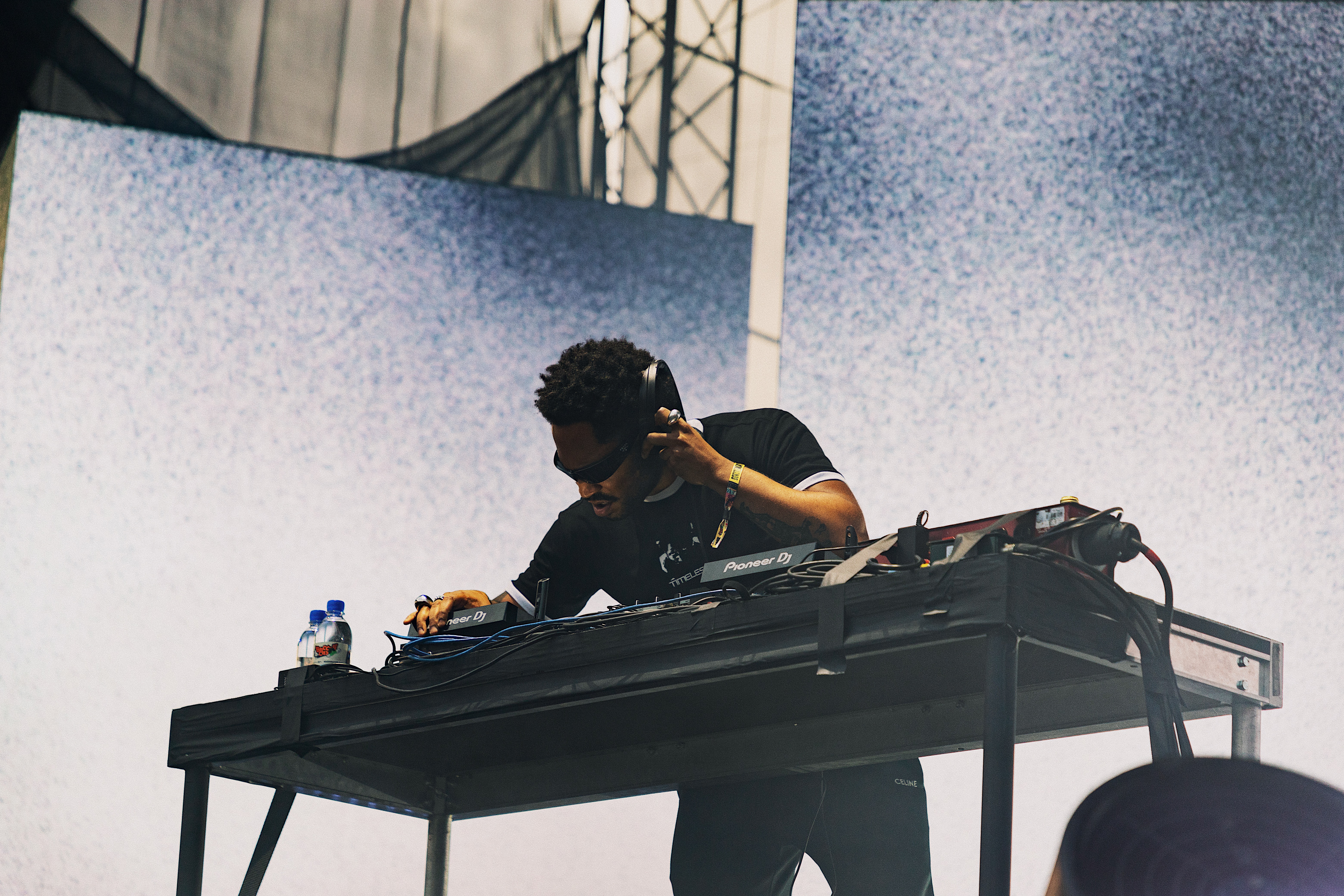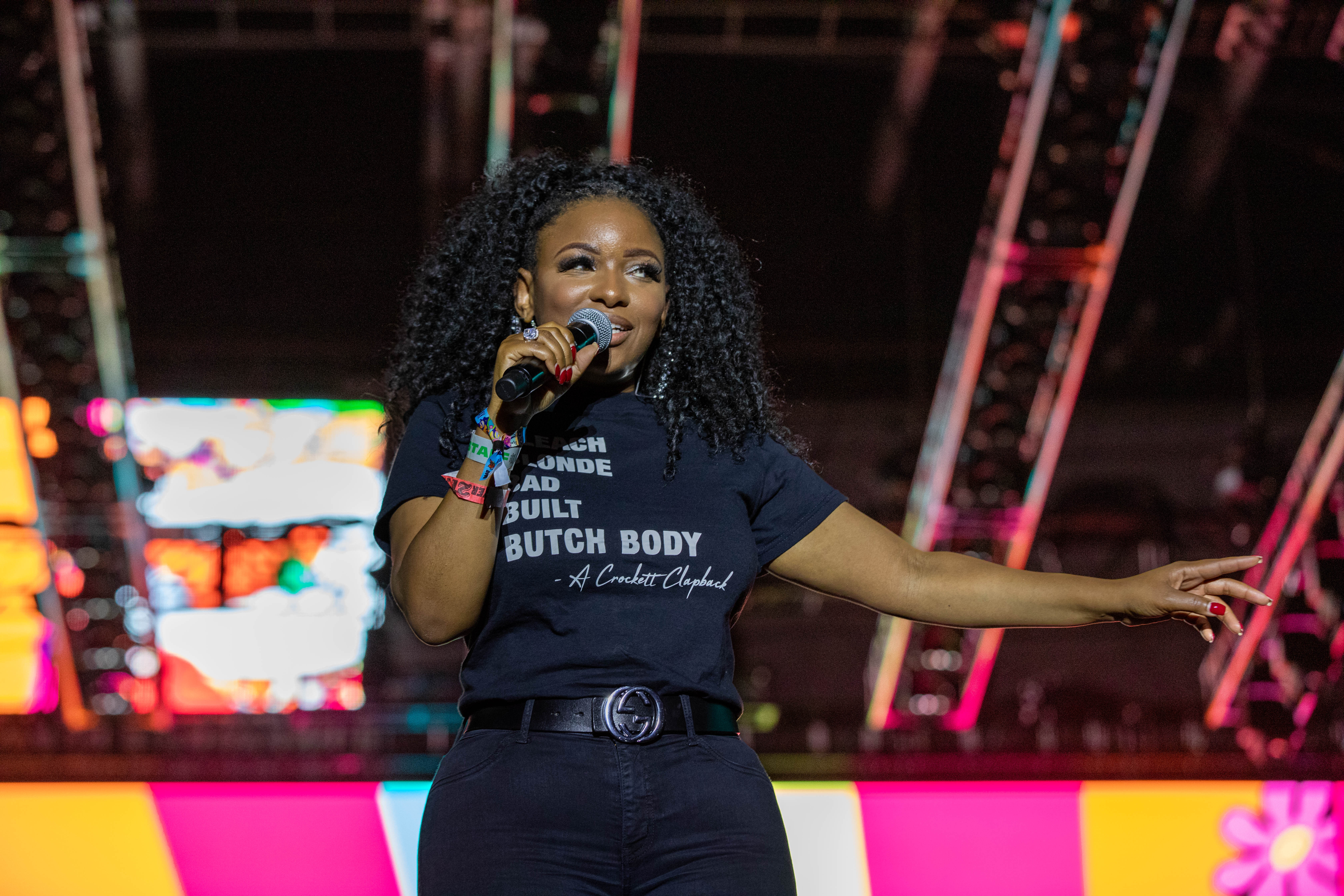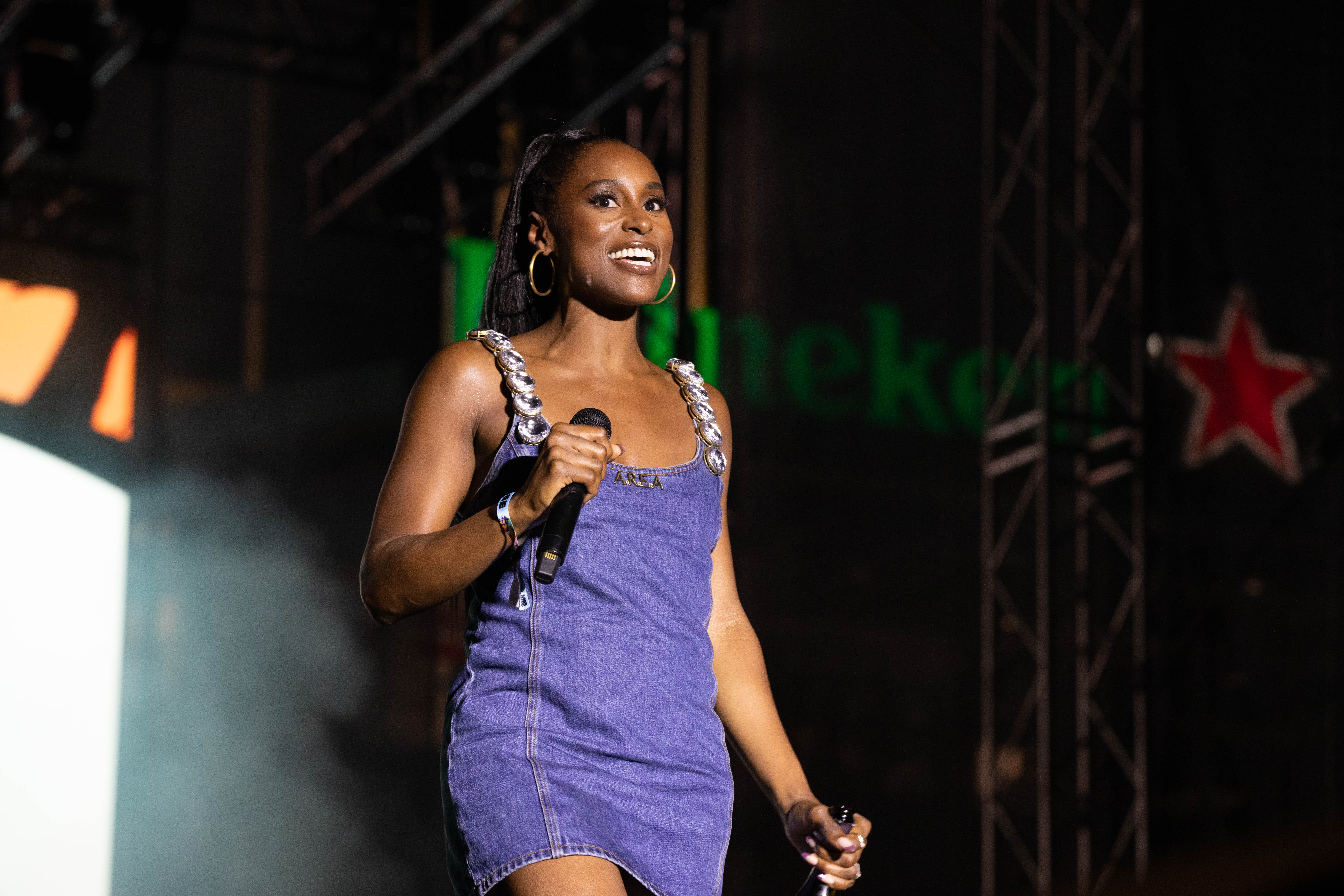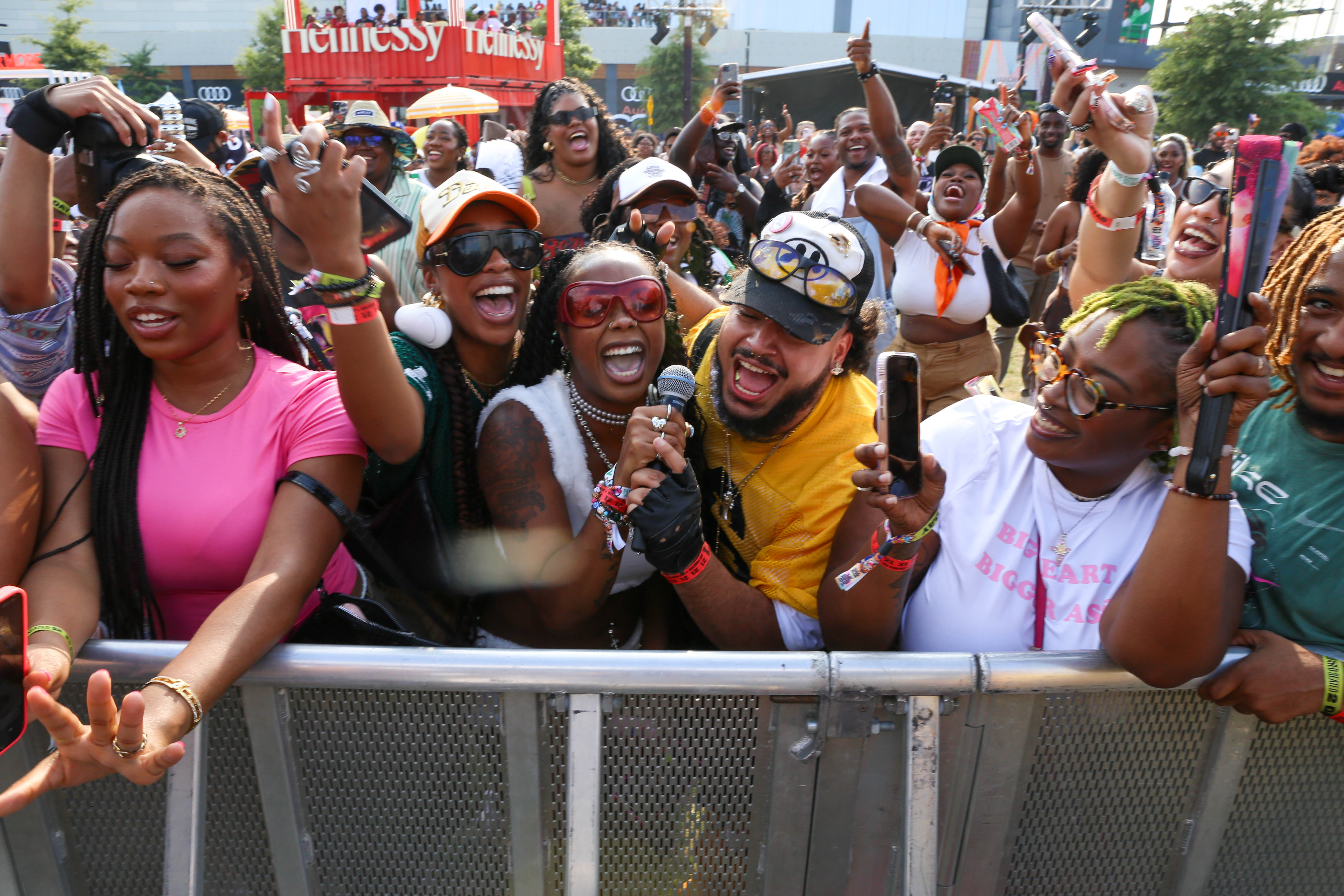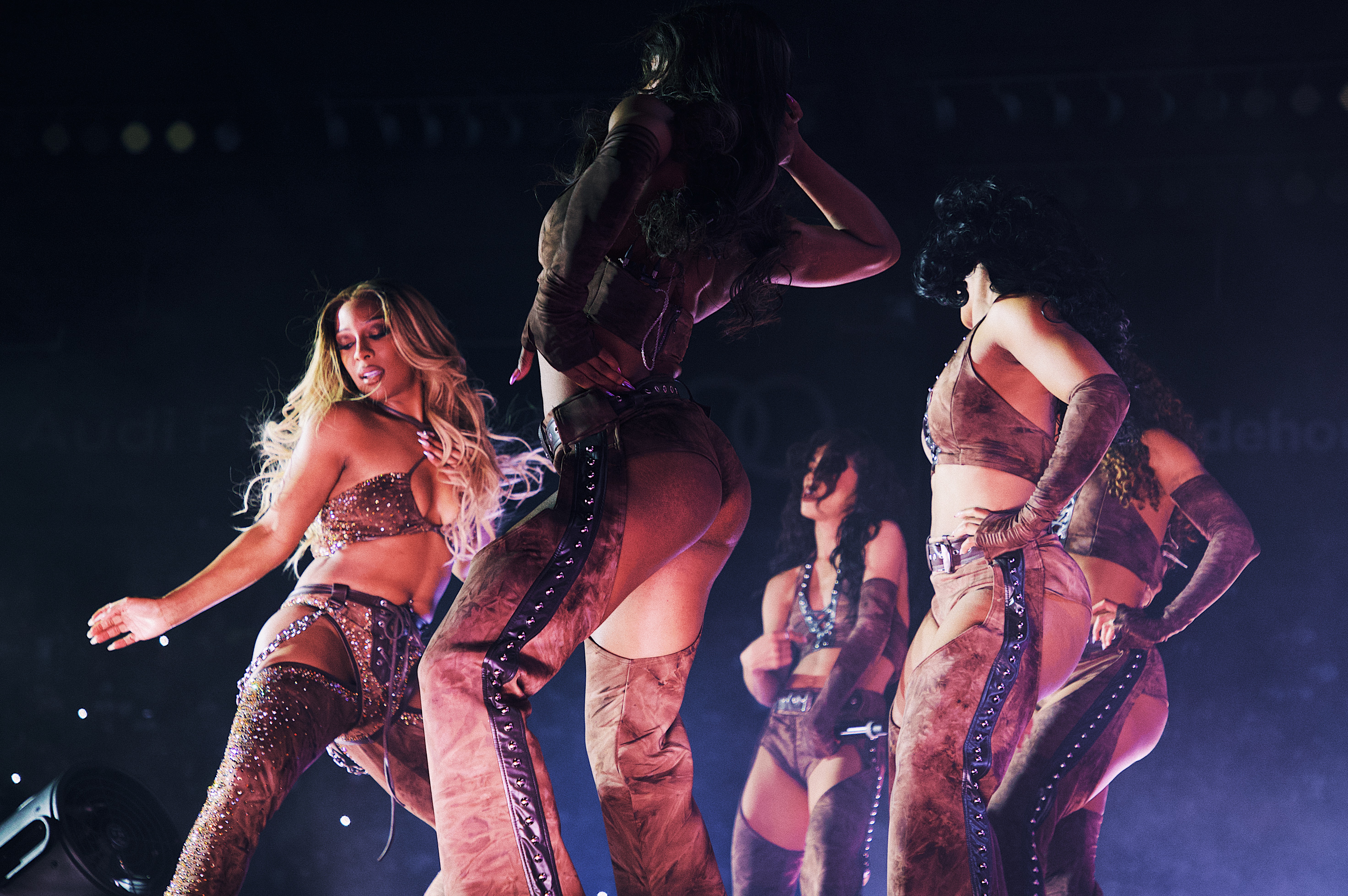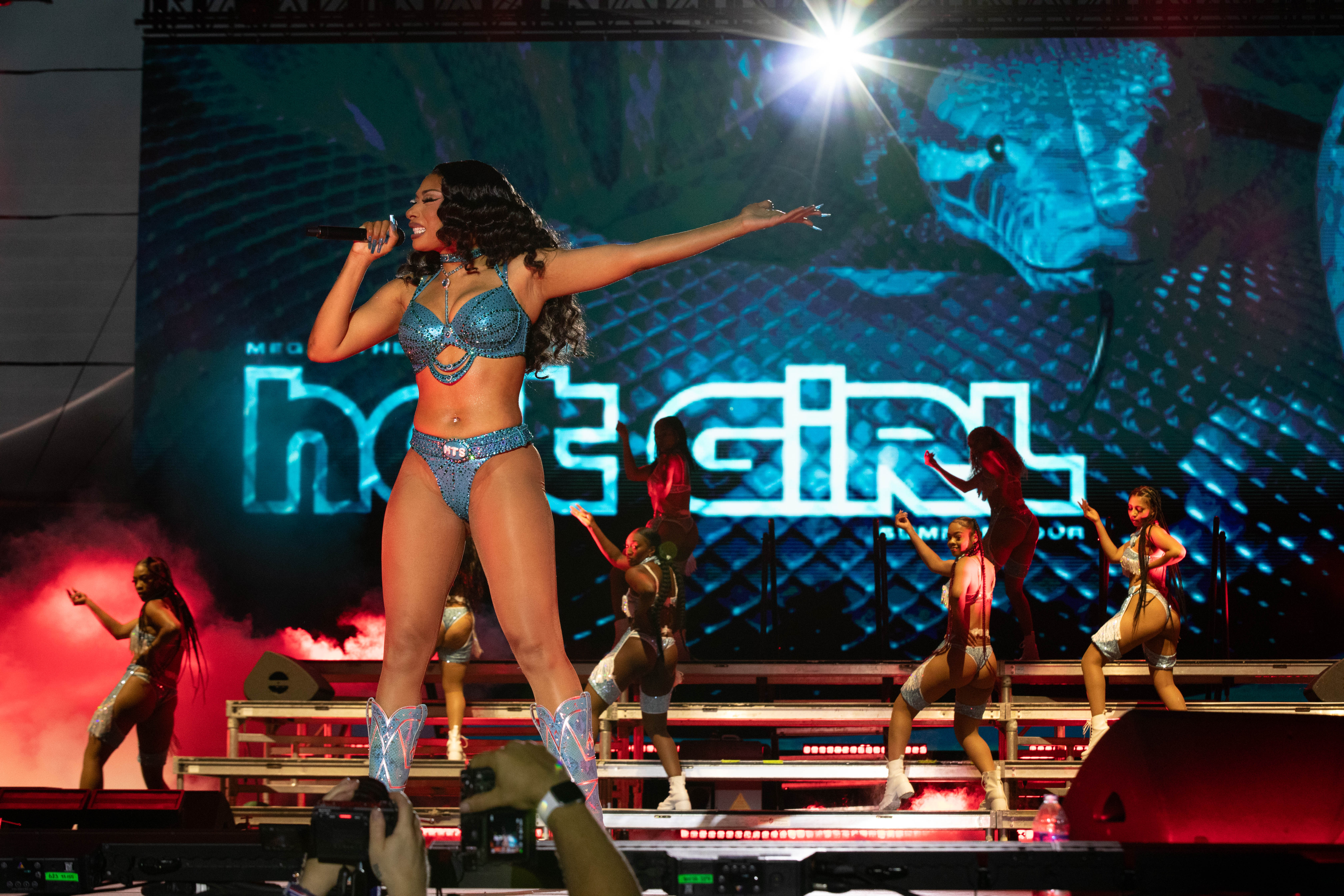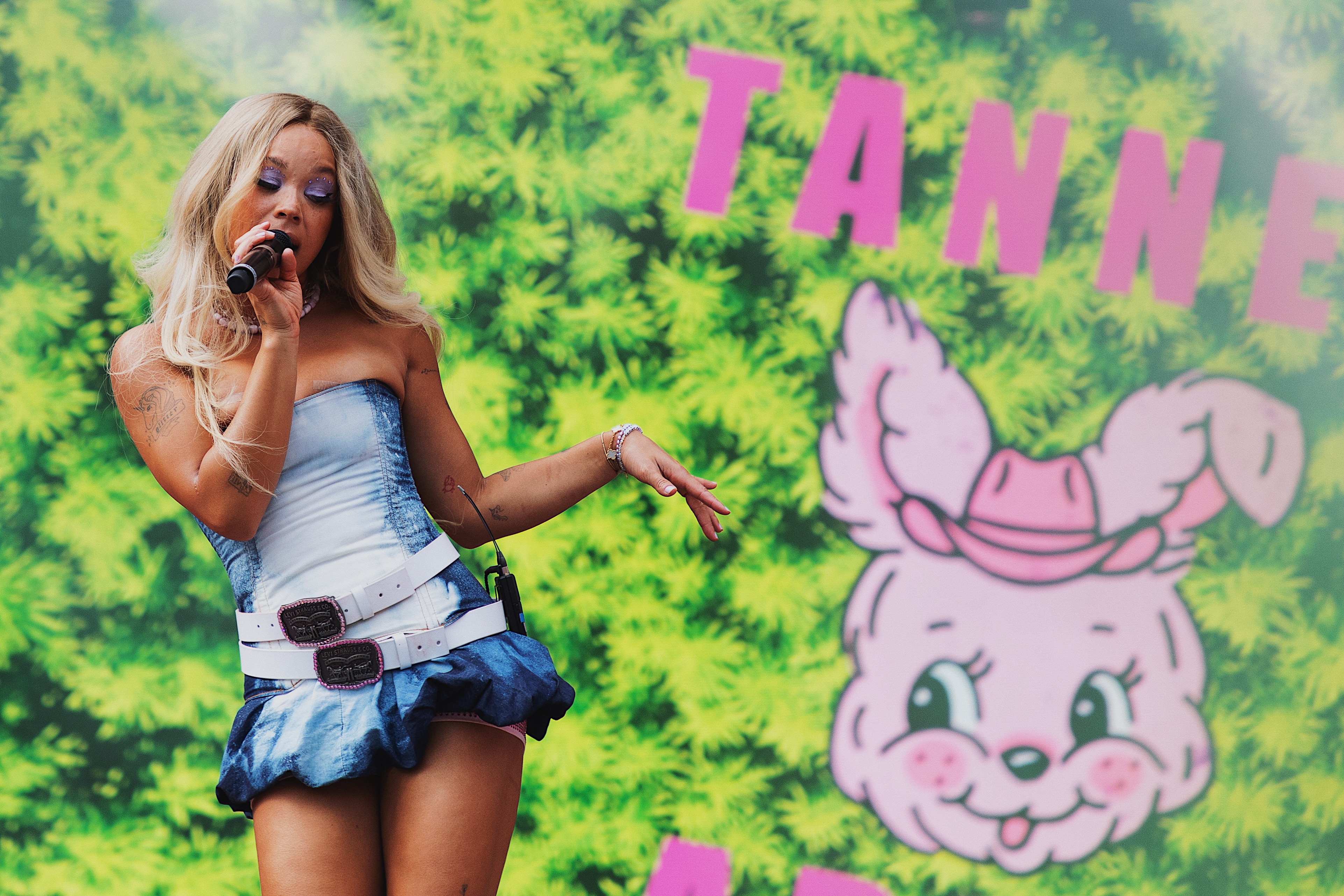There’s something very special about being in a space you can tell was created for us, by us — and when I say “us,” I mean Black communities. On July 27 and 28, the annual Broccoli City Fest showcased the power of self-affirming space in the nation’s capital, commonly known as “Chocolate City.” Combining music, art, culture, and community to create an immersive experience for fans and artists alike, the festival left the streets of Washington, D.C., buzzing with an infectious energy.
The music festival draws tens of thousands today, but Broccoli City began as a streetwear brand. While hosting parties to promote the merchandise, the label simultaneously created a safe space for Black people to come together and have fun. Quickly realizing attendees were more interested in the events than the apparel, the team focused on hosting more community celebrations; with the help of local party promoters, the first Broccoli City festival attracted approximately 5,000 attendees when it launched in 2013. Broccoli City co-founder Brandon McEachern describes that inaugural event as the “first big-ass day party.”
“[At the time], we used a lot of the elements that we still use today, like the vendor marketplace, [which was created] because we wanted to make sure that the community was entwined,” McEachern told theGrio. “What we really wanted to do was create that community-centric event, but make it fly and popping, with artists that [transcend] that typical local band.”
Having sold out the capital city’s Audi Field this year with a crowd rumored to number over 50,000, Broccoli City Fest has equally become a showcase for the entertainment industry. With previous hosts such as award-winning artists Jazmine Sullivan, Erykah Badu and Summer Walker, this year, buzzy headliners like Megan Thee Stallion, Victoria Monét and Gunna added to the festival’s ongoing allure for attendees and artists alike.
However, Broccoli City is more than just a festival. Built on the pillars of impact, innovation and empowerment, even amid the brand’s catapult into the mainstream, McEachern and festival co-founders Marcus Allen, Darryl Perkins and Jermon Williams are staying true to their mission, creating innovative entertainment experiences alongside impactful spaces that celebrate culture and provide opportunities to spark meaningful change.
“It’s really just about creating these moments yet again for us [Black communities] and getting us together,” McEachern explained, adding that authenticity, transparency, and responsiveness to feedback are the driving forces behind all of their events.
Just as the festival and ancillary events have grown to host millions of attendees over the past decade, the Broccoli City brand has expanded to include professional conferences and job fairs like Broccoli Con, community service through its nonprofit, WeChipN, and other activations aimed to drive community engagement. According to Williams, who works closely with the festival’s communication team, the organic and relatable messaging of Broccoli City is part of the organization’s magic.
Recommended Stories
“The strategy so far has been to allow that content to move organically and really use the entertainment side to push and elevate the impact side,” Williams told theGrio, adding, “Because there are really two sides to the organization … we recognize that, yeah, people come for the entertainment, but how can we leverage that and use it to push our mission forward?”
Putting the audience first, Broccoli City prides itself on not only giving attendees an array of options but also anticipating their needs. That intentionality was evident in all facets of this year’s festival, from venue changes that made it easier for all ages to access and enjoy the genre-diverse lineup of performers to Rep. Jasmine Crockett, D-Texas, highlighting the importance of voting to the array of multisensory experiences spread throughout Audi Field.
Other Black brands are essential partners in creating the Broccoli City vibe; in addition to the festival’s customary marketplace showcasing local Black-owned businesses like Dreams of Triumph, international brand activations were equally curated. For instance, a section of Black-founded hair company Shea Moisture’s booth was a mini hair salon offering touch-ups and styling for attendees in addition to goodie bags and water. Similarly, Hennessy, informally known as Black people’s most beloved spirit, offered seating, charging stations and item customizations for festival-goers to enjoy while sipping on cognac cocktails. And when attendees got hungry, they had an array of local Black-owned culinary choices on-site in the festival’s “Food Village.”
“We really were pushing for just this new experience,” McEachern said, explaining how strategic the festival’s planning was this year, down to the most minute details, among them a scented body oil dispenser in one of the women’s bathrooms. As a Black woman who knows the unspoken cardinal rule to never be ashy, it was not only a pleasant surprise but a reminder that Black women play a large hand in the success of Broccoli City.
“Our core demographic is you—and when I say that, I mean our [Black] sisters…most of our team is young, African-American, and multicultural women,” McEachern told theGrio. Williams agreed, adding, “The majority of journalists who cover [Broccoli City Fest] are Black women.”
With this in mind, the Broccoli City team considered the various ways the festival could not only cater to its core demographic but also pour back into them. Leading up to the festival, Broccoli City hosted a private dinner honoring women in music and media. The “Breakthrough Women in Music and Media” dinner celebrated a lineup of female music and media trailblazers like Kimberly Wilson and Janelle Gibbs, who “embody resilience and defy the odds at every turn.” Driven by the organization’s mission to foster community, the intimate female-led space also shined a light on the plethora of women leading and managing the various aspects of the social enterprise, including Broccoli City chief of staff Jacqueline L. Alston.
This nuanced, inclusive and deeply attuned approach has allowed Broccoli City to continue fostering and growing the community-driven space that blossomed in 2013. Whether dancing along with fellow attendees in the crowd or participating in the various activations, when walking through Audi Field there was undoubtedly an energy radiating throughout the weekend. As attendee Jamesha Rosado noted, “there was definitely a sense of community and likelihood” of connecting with like-minded people at Broccoli City; whether through mutual or professional connections or a simple compliment, the environment was welcoming and friendly.
The goal is to keep going and growing. Ultimately, through the ethos of “community over competition,” McEachern hopes to see Broccoli City become an “incubator” for the next generation of young innovators.
“I want to keep seeing young people grow,” he said. “I would love to take [the festival] to different cities, all that stuff, but I think my main thing is understanding that the Lord blessed Jermon and I, and Marcus and everybody else [on the Broccoli City team] to be somewhat of mentors for [Black communities and others]. I just want to be somewhat of a stepping stone [and inspiration] for young people.”
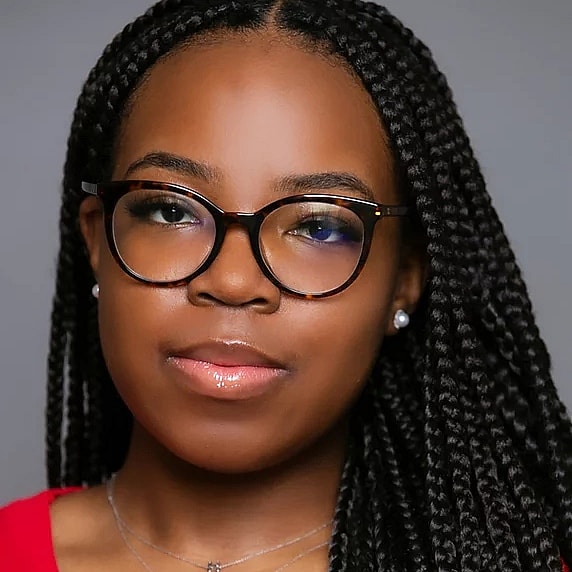
Haniyah Philogene is a multimedia storyteller and Lifestyle writer for theGrio covering all things culture. With a passion for digital media, she goes above and beyond to find new ways to tell and share stories.

